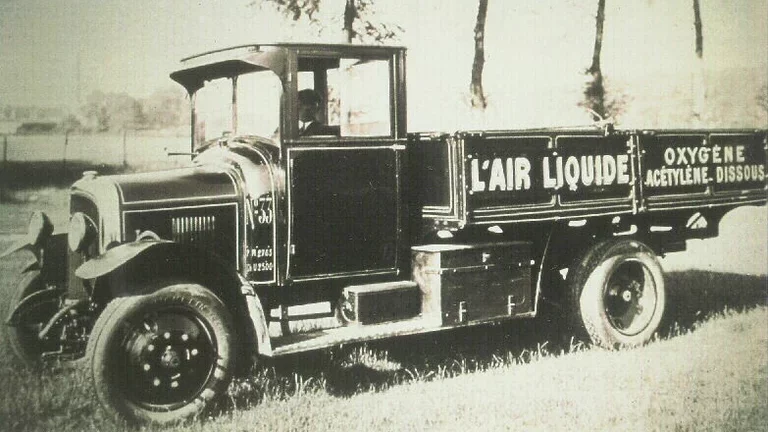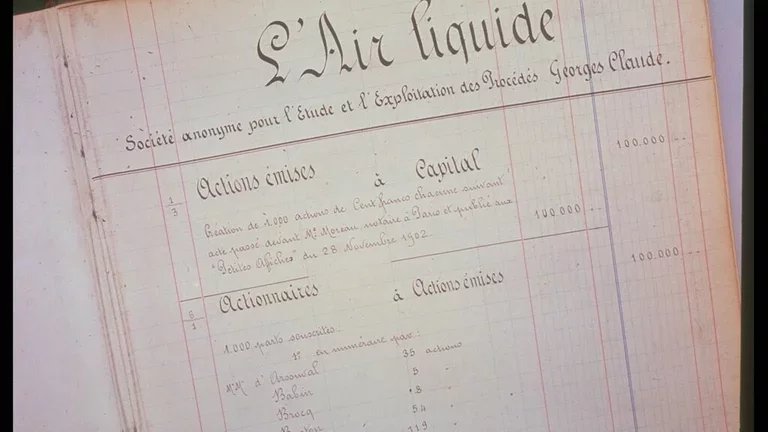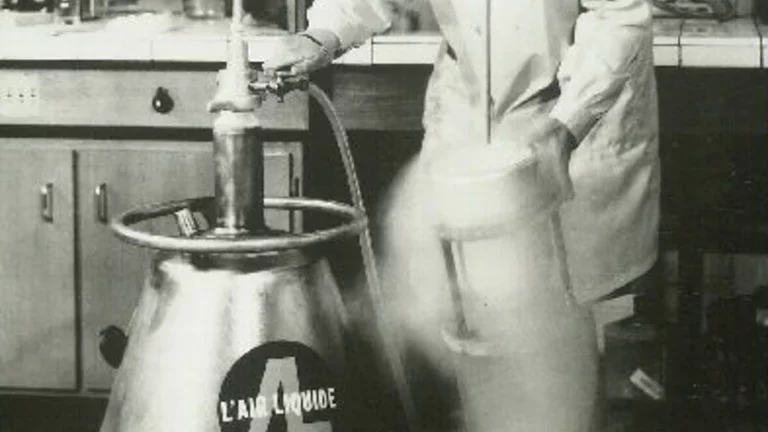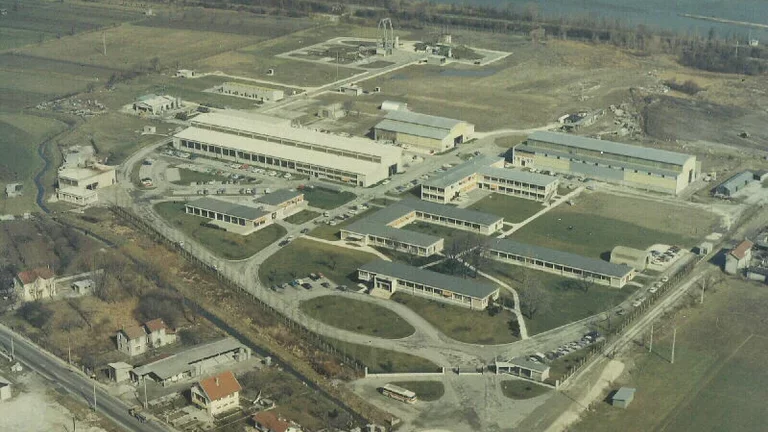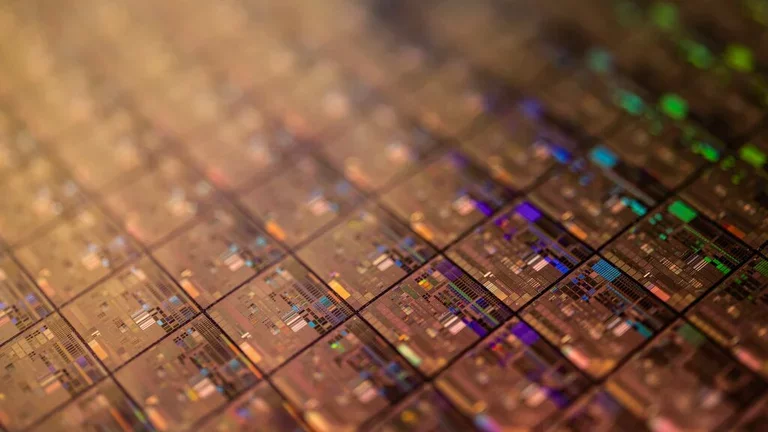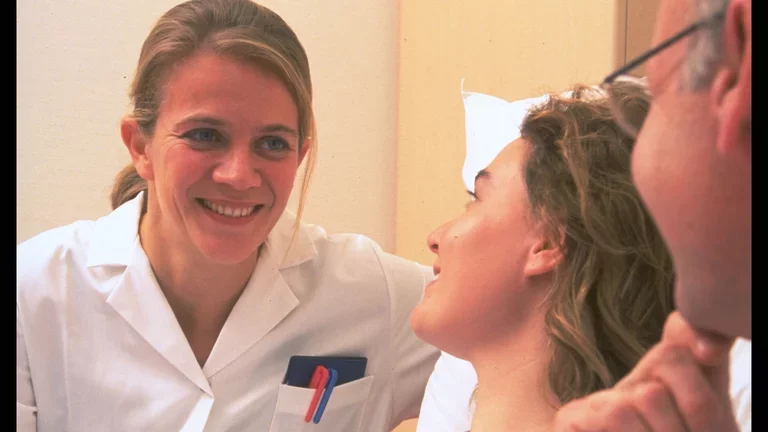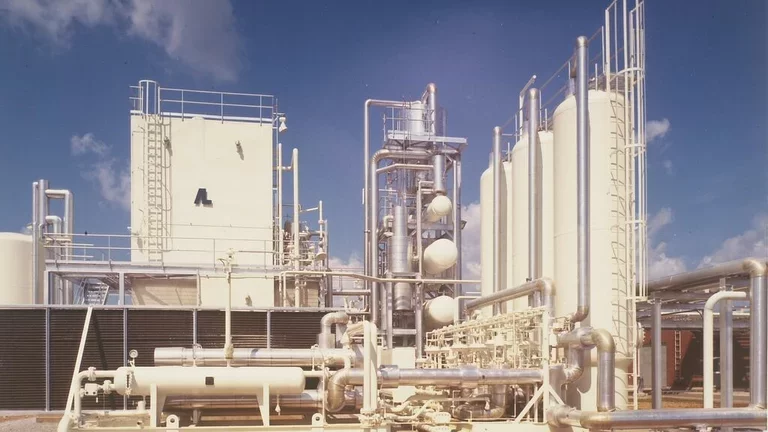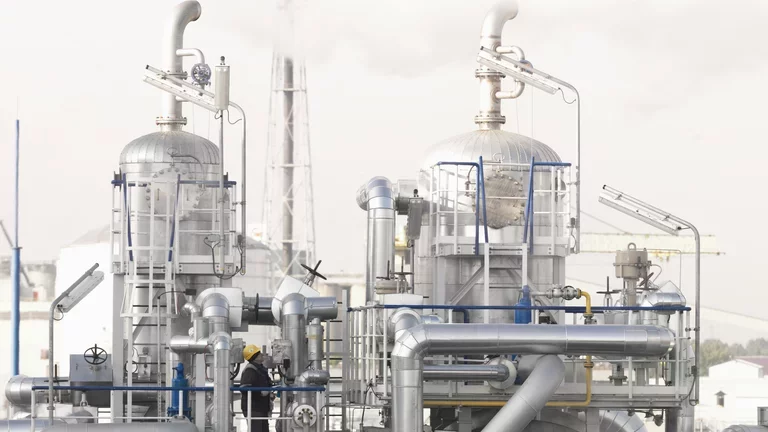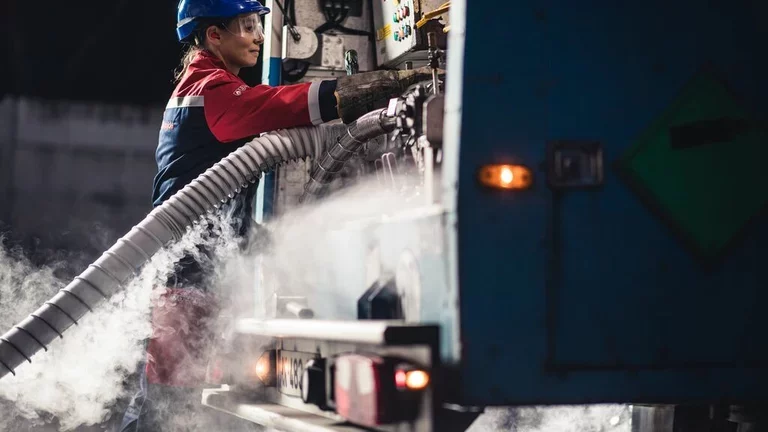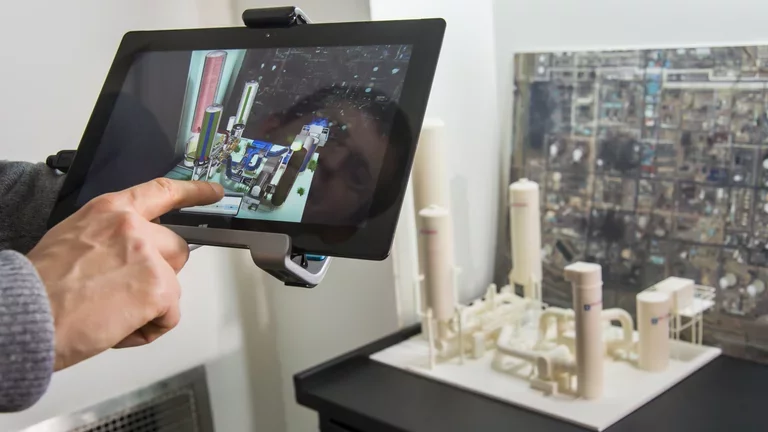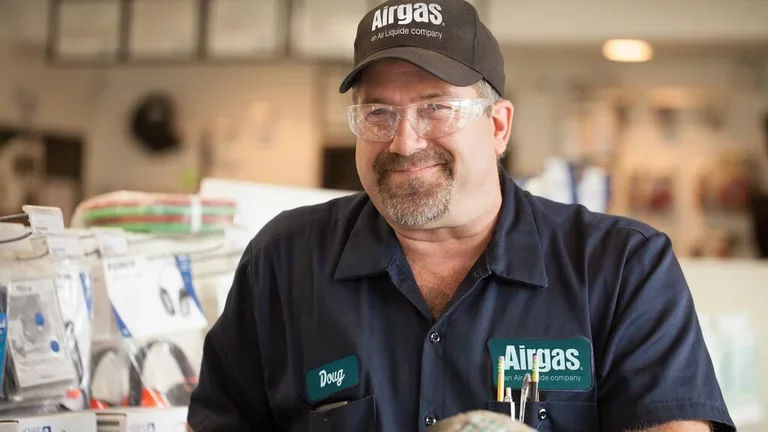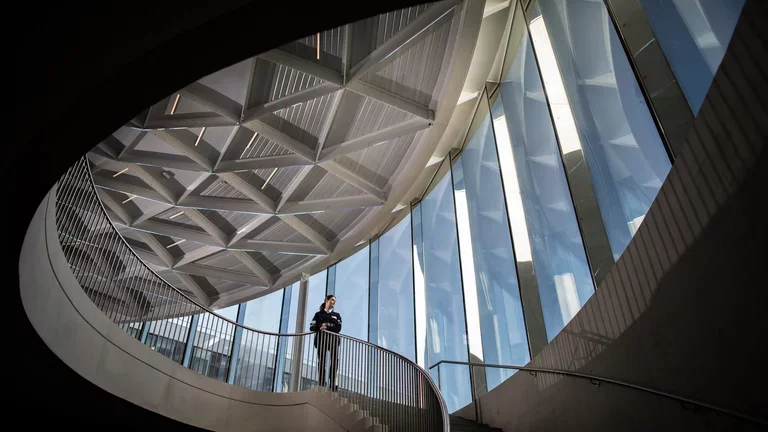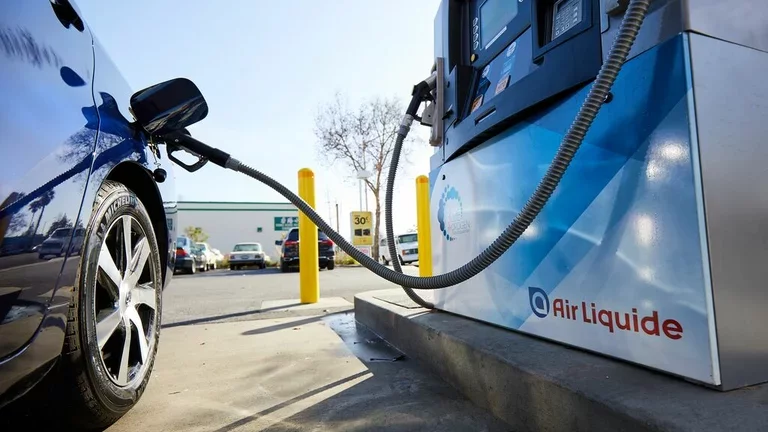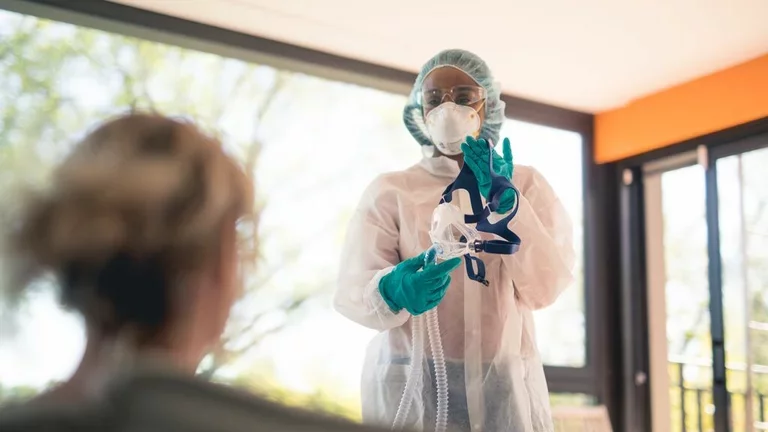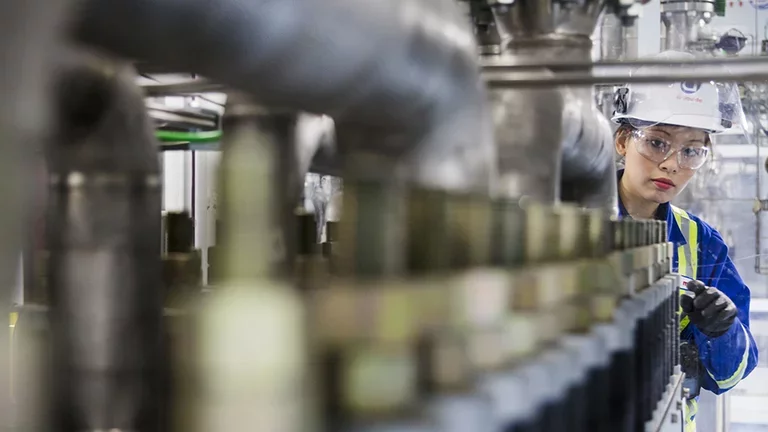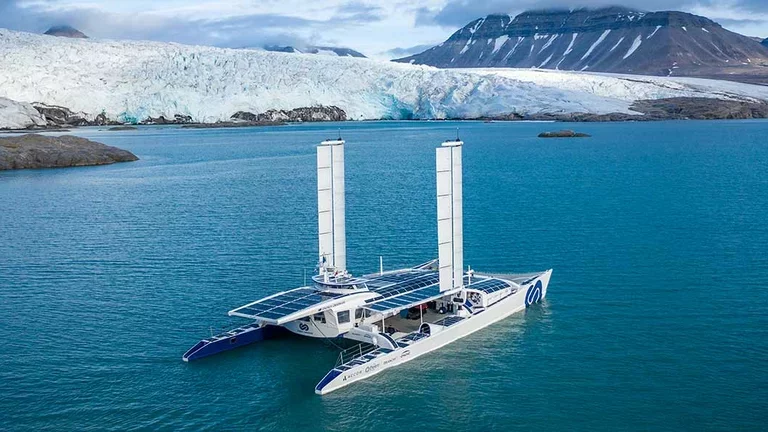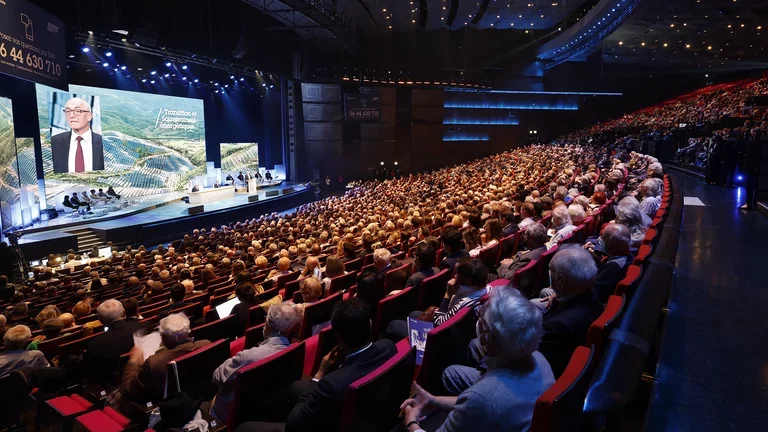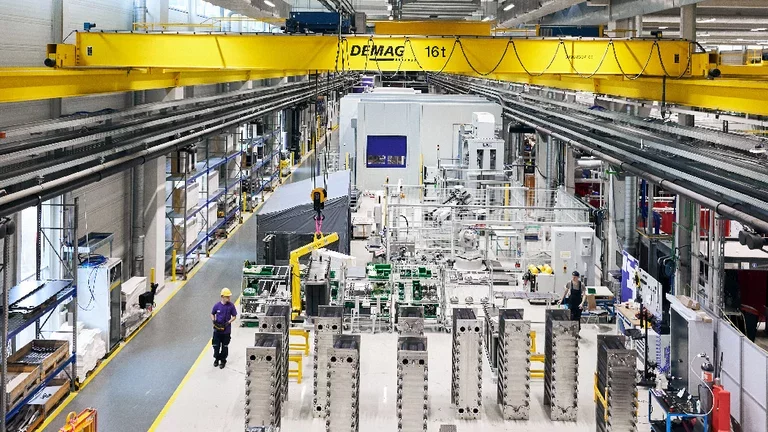Air Liquide in brief
Air Liquide is a world leader in gases, technologies and services for industry and healthcare. Present in 60 countries with approximately 66,500 employees, the Group serves more than 4 million customers and patients. Oxygen, nitrogen and hydrogen are essential small molecules for life, matter and energy. They embody Air Liquide’s scientific territory and have been at the core of the Group’s activities since its creation in 1902.
Inventors of the future
Our ambition is to be a leader in our industry, to deliver long term performance and to contribute to a more sustainable world.
Through our positions in key markets of the future, we are at the heart of today's and tomorrow's challenges: energy and environmental transition, transformation of healthcare and technological progress. Our business expertise, our capacity for innovation, our proximity to our customers and patients, and the commitment and professionalism of our employees enable us to provide concrete solutions for the benefit of all our stakeholders and, beyond, of society.
-
Long-term vision and clear strategy
-
Growth model combining financial performance and sustainable development
-
A wide variety of customers and applications
-
Strong involvement in the markets of the future
-
Global presence and local activities
-
Very strong capacity for innovation, in an open ecosystem
-
Long-term contracts, indexed to energy prices
-
Control and optimization of the production and distribution chain
66,500 employees in 60 countries
committed on a daily basis to better listen to and serve our customers and patients
More than 3,000 employees
work in entities dedicated to innovation
More than 2 million customers
Craftsmen, SMEs, ETIs, multinationals from sectors as varied as steel, energy, chemicals, car manufacturing, aeronautics, food processing or the pharmaceutical industry...
More than 2 million patients supported at home
A unique expertise adapted to each of our activities
We are able to better understand the evolution of the markets we serve and to offer innovative and sustainable solutions that make a difference thanks to:
- Our proximity to our customers, all over the world, which enables us to be as close as possible to their expectations
- Our expertise in essential small molecules, which we are continually developing to offer new solutions
- Our technological mastery, which enables us to provide concrete answers to the challenges of a changing world and to have a positive impact on society
Group performance
366 new patents filed in 2024
€309 M of innovation spendings in 2024
15,000 patent applications and patents within the Air Liquide portfolio
more than 500 international hydrogen patent families and around 550 international patent families on carbon capture and storage in 2024


